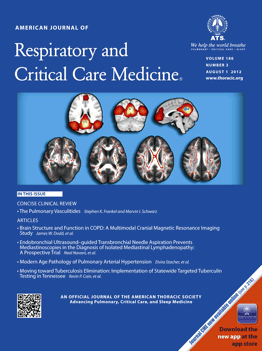 Last month, we brought you the story of Guang-Zhi He of the Guiyang College of Traditional Chinese Medicine in China, an enterprising fellow who got caught faking the email addresses of potential peer reviewers. At the time, Elsevier, who published journals where He published, told us there would be several retractions other than the one we reported on.
Last month, we brought you the story of Guang-Zhi He of the Guiyang College of Traditional Chinese Medicine in China, an enterprising fellow who got caught faking the email addresses of potential peer reviewers. At the time, Elsevier, who published journals where He published, told us there would be several retractions other than the one we reported on.
Three of those have appeared, in the same journal, Experimental Parasitology, and saying the same thing: Continue reading More shoes drop for Chinese author who made up peer reviewer addresses








